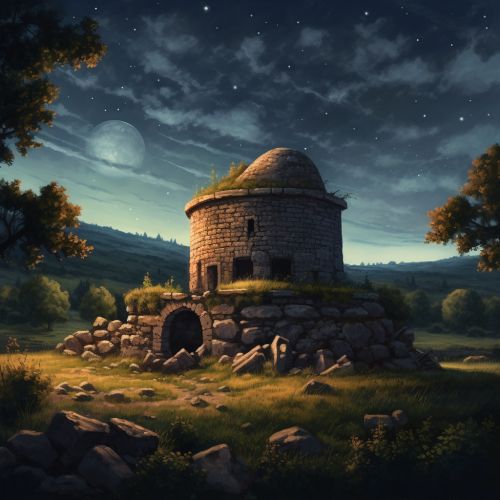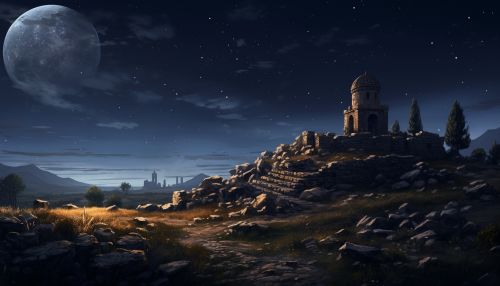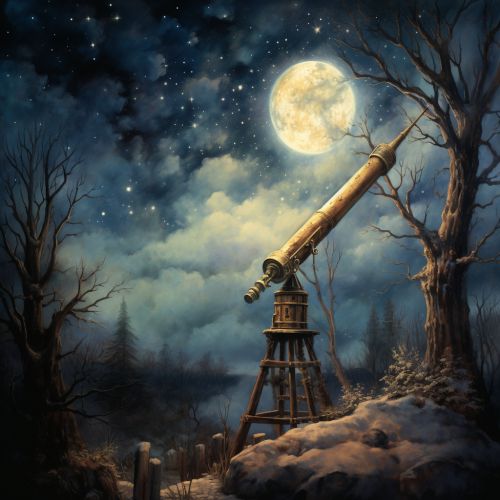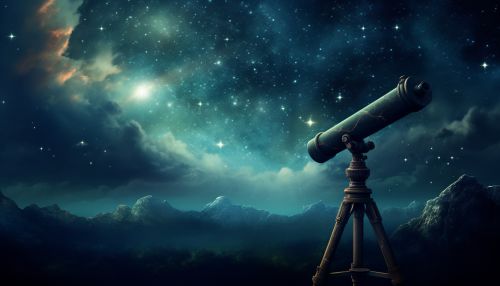History of Astronomy
Ancient Astronomy
The earliest civilizations dating back to beyond 3000 BCE, such as the Egyptians and the Mesopotamians, integrated astronomy into their cultures. The ancient people used the patterns they observed in the sky to determine seasons, create calendars, and navigate. They also believed celestial bodies were deities or that they influenced earthly events.


Greek Astronomy
The Greeks made significant contributions to astronomy, with philosophers like Thales, Anaximander, and Pythagoras proposing models of the universe. Aristotle proposed a geocentric model of the universe, which was widely accepted until the heliocentric model was introduced by Copernicus.
Hellenistic Astronomy
The Hellenistic period saw the development of the first comprehensive, mathematical and physical theory of the cosmos with Ptolemy's Almagest. It was a geocentric model that explained the motions of the heavens, including the retrograde motions of the planets.
Indian Astronomy
Indian astronomy has a long history stretching from pre-historic to modern times. Some of the earliest roots of Indian astronomy can be dated to the period of Indus Valley Civilization or earlier. Indian astronomy significantly influenced Muslim astronomy, Chinese astronomy, European astronomy, and others.
Islamic Astronomy
During the Islamic Golden Age, Muslim astronomers made significant advances in astronomy. They translated Greek and Indian works into Arabic and established the first observatories in the Muslim world. They also developed a number of innovative astronomical instruments for precise observations.
European Astronomy
The Renaissance period in Europe was a time of major progress in astronomy. Nicolaus Copernicus proposed a heliocentric model of the universe, which was later supported by Galileo's observations. Johannes Kepler discovered the laws of planetary motion, and Isaac Newton formulated the law of universal gravitation.


Modern Astronomy
The 20th and 21st centuries have seen the development of astrophysics and space exploration. The invention of the telescope and the discovery of the laws of physics have allowed us to increase our knowledge of the universe. We now know about the existence of galaxies, black holes, neutron stars, and the Big Bang theory.
